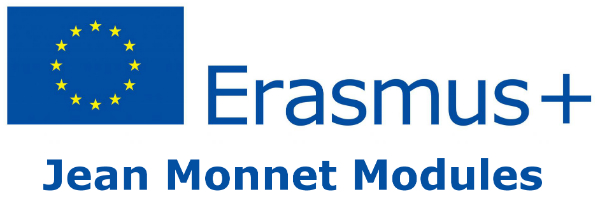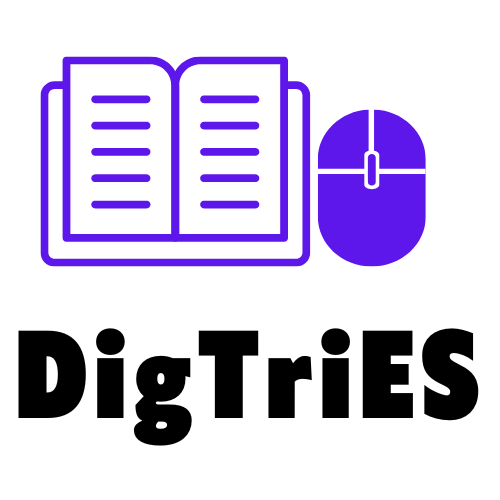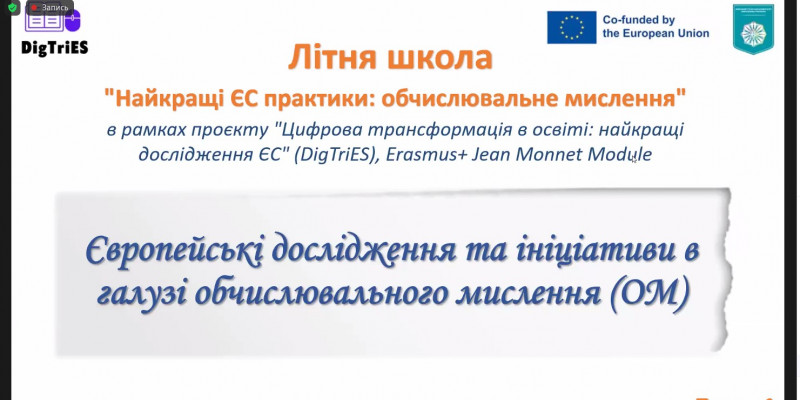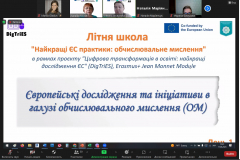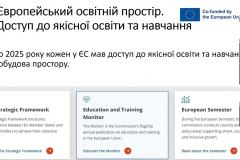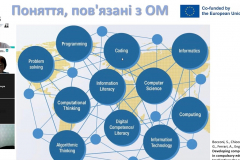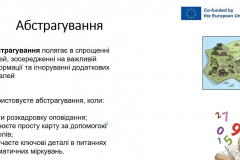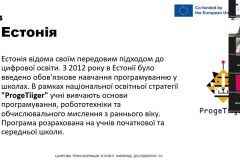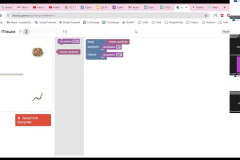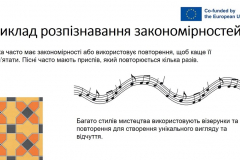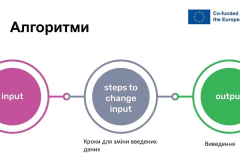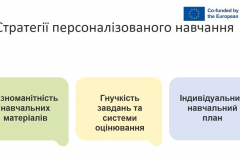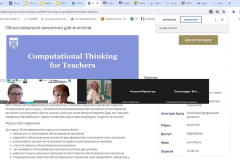We are delighted to announce the successful completion of the Summer School «Best EU Practices: Computational Thinking in Primary School», which was held as part of the project “Digital Transformation in Education: Best EU Research” (DigTriES), Erasmus+ (Jean Monnet Module), No. 10109900. The event took place from June 17 to 20, 2024, encompassing 30 hours of intensive and productive sessions that combined in-person meetings and online assignments.
The first day of the Summer School began with an introductory session where participants were immersed in the topic of digital transformation in education within the European Union. Speakers provided detailed insights into the research and initiatives in the field of computational thinking that are already being successfully implemented in the EU. Special attention was given to the European framework for the study of informatics and computational thinking, emphasizing the importance of these skills in the modern world. Participants were introduced to the fundamental concepts of computational thinking and its key components.
The second day of the school focused on success stories of implementing computational thinking. Through real case examples, participants learned about the specifics of studying this discipline within the ODM project. Discussions also covered data structures and their importance for the development of computational thinking. The use of the Unplugged approach to teaching, which allows the development of these skills without the use of computers, was one of the main topics of the day.
The third day was dedicated to the practical aspects of teaching computational thinking through block programming languages. Participants had the opportunity to work in the Code.org environment, which helped them better understand the principles of creating simple algorithms. Additionally, attention was given to the professional development of educators in computational thinking, a key aspect in nurturing these skills in students.
The final, fourth day of the school, was devoted to exploring artificial intelligence (AI) in the context of primary education. Participants were introduced to the use of Minecraft for conducting an Hour of Code, enabling primary school students to learn the basics of AI in an engaging and captivating way. Discussions also included the use of chatbots in primary schools and the potential of AI to support personalized learning.
Leading experts in the field of education shared their experience during the Summer School: L. Hrynevych, M. Boiko, N. Morze, and O. Strutynska. They provided not only theoretical knowledge but also practical advice, making each session highly valuable and informative.
The Summer School became an important platform for exchanging knowledge and experiences, which will help participants implement advanced European practices in primary education. Participants gained valuable knowledge and skills that they can apply in their pedagogical activities. We thank all participants and speakers for their active participation and collaboration. We hope that the acquired knowledge will be useful in their future professional development and contribute to improving the quality of education in Ukraine.
